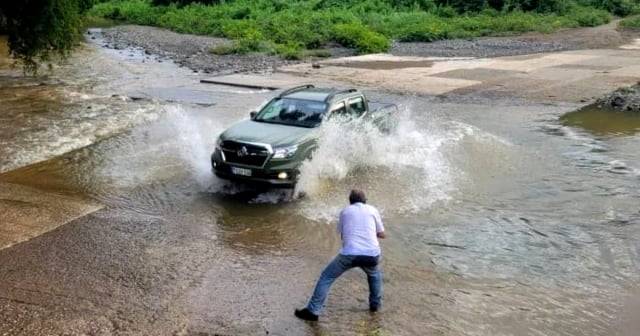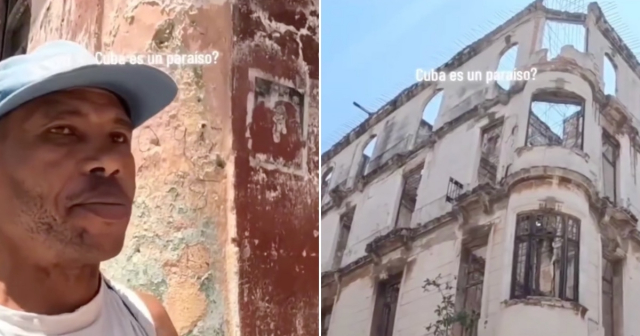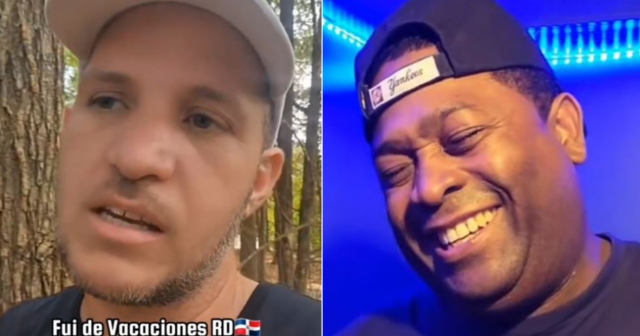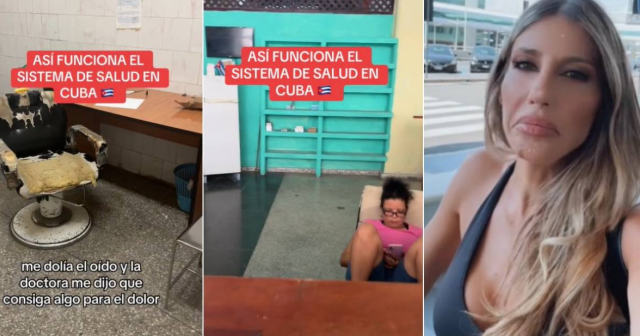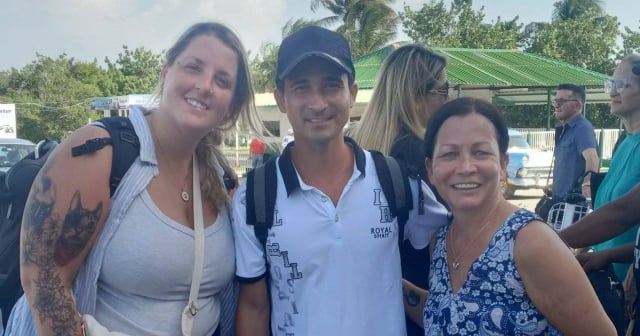Eva Cavero and Andrés Izarnótegui, a couple of Peruvian tourists who recently traveled to Cuba, reported being deported after recording videos in the streets of Havana for their YouTube channel.
The events occurred on September 19, 2024, when the travelers, with Peruvian passports, were in Havana with the objective of capturing audiovisual material about their tourist experience on the island.
"We traveled to Cuba as tourists to film videos for our YouTube channel La Blue Kombi. After two days in Havana, we were detained by the immigration authorities," they recount in a video published from their home, after researching legal aspects regarding the harassment they suffered on the island.
The tourists claim that they were picked up directly from their hotel room in the early morning and taken to the immigration offices in Cuba, where they were kept under interrogation for 12 hours.
The agents who interrogated them accused them of transmitting information that affects the country's image on social media. They confiscated their mobile phones, examined their conversations on WhatsApp, and threatened to imprison them for filming videos about the way of life in Cuba.
At the end, the Cuban authorities deported them to their country of residence, Peru. They couldn't even go to the hotel to collect their belongings.
Although the video is not intended to be a formal complaint, Eva and Andrés warn other travelers about the possibility of facing this type of police harassment in Cuba.
The Cuban government, in this case, violated several human rights. Eva and André did not have access to a lawyer to support them during the interrogations, nor could they communicate with their family members during the time they were detained.
Cuban authorities did not allow the YouTubers to contact their country's Embassy in Cuba and reviewed all their private information by confiscating their phones and cameras.
"We were victims of a regime that does not allow freedom of expression in any sense," they stated, warning about the restrictions that foreign visitors face when documenting their stay on the island.
The incident highlights the difficulties and risks associated with recording audiovisual material in Cuba, where authorities exert strict control over the information that circulates both within and outside the country.
What do you think?
COMMENTFiled under:

